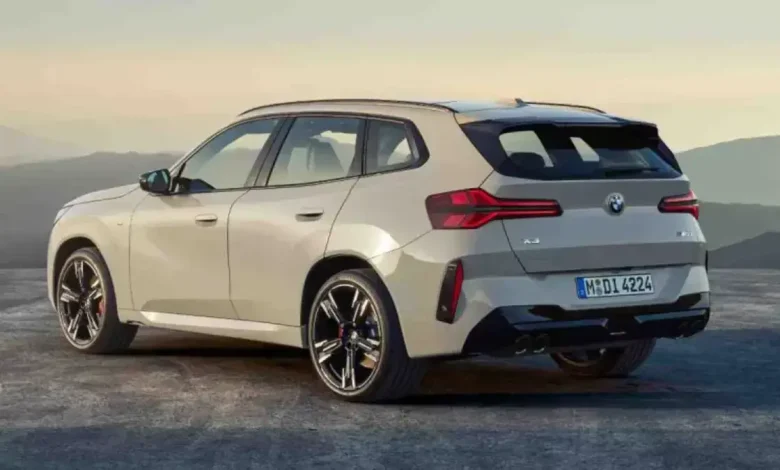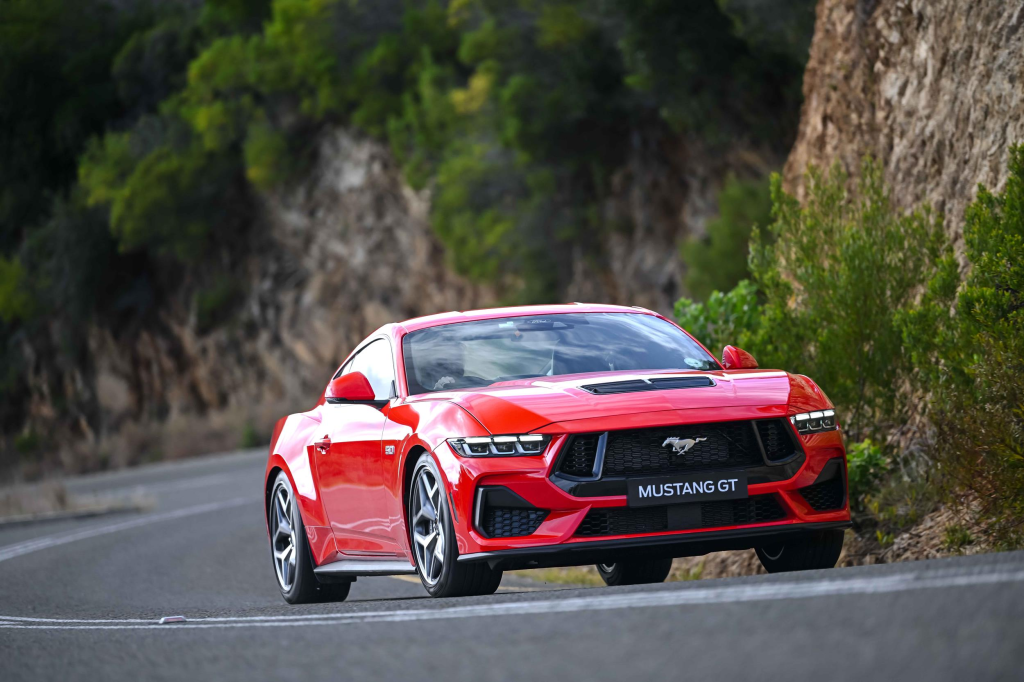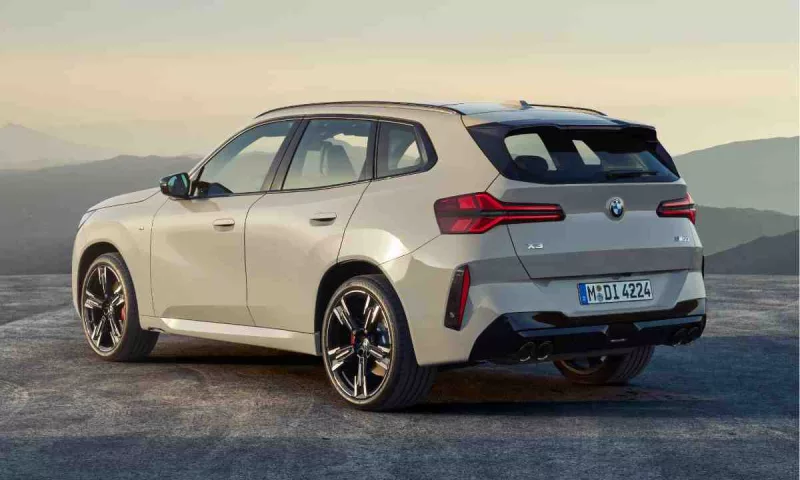BMW, Ford, and Hino Vehicles Recalled Due to Increased Accident Risk

The National Consumer Commission (NCC) has announced a major product recall affecting several popular vehicle brands in South Africa. Due to serious manufacturing faults, five different models from BMW, Ford, and Hino have been flagged as potential safety hazards.
The recall covers the BMW X3, Ford Mustang, Ford Transit Custom, and Hino 500 Series. According to the NCC, these issues may cause severe accidents or injuries if not addressed. “A small fix can prevent a big risk,” the commission advised, urging motorists to take immediate action.
Ford Mustang Recall
Ford has recalled Mustang models sold between 2021 and 2022 due to a fault in the low-pressure fuel pump. Over time, this component may fail to deliver fuel to the engine, causing it to stall unexpectedly.
“An engine stall while driving increases the risk of an accident,” the NCC said. The issue stems from contamination inside the pump and reduced internal clearances, which may increase friction and lead to vapour lock, especially when fuel levels are low.

Ford Transit Custom Recall
The Ford Transit Custom, produced between 2024 and 2025, has also been recalled. The problem lies with the passenger airbag inflator filter, which may not meet the required thickness specification. In a crash, the filter could block gas flow, preventing the airbag from deploying leaving occupants unprotected.
Also read: Why Are Vehicle Recalls on the Rise?
BMW X3 Recall
BMW, a brand not often associated with large-scale recalls, is also affected. The X3 (G45) series has been flagged due to defects in the rear seat head restraints. The two outer restraints were incorrectly manufactured, potentially failing to protect passengers in an accident. In severe cases, parts of the headrest could become loose, causing further injury.

Hino 500 Series Recall
Hino has reported faults in its 500 Series buses produced between July 2018 and August 2025. The issue relates to the drag link, a critical part of the steering system. In some vehicles, the drag link was not properly torqued, and in other cases, split pins may be missing altogether. Both faults could result in a dangerous loss of steering control while driving.
What Affected Owners Should Do
The NCC has directed all owners of the recalled vehicles to take their cars or buses to the nearest authorised dealership. Repairs will be carried out free of charge. The consumer watchdog reminded South Africans that its role is to ensure businesses comply with consumer protection laws and place customer safety first.
- Read the recall notice – Understand the defect, risks, and safety advice.
- Check your vehicle status – Confirm using your VIN on the manufacturer’s or recall site.
- Follow safety guidance – If advised, limit use or stop driving immediately.
- Contact the dealer – Book a free repair, replacement, or remedy.
- Keep records – Save all receipts and service confirmations.
- Escalate issues – If repairs are delayed or refused, contact the manufacturer or safety authority.
- Check eligibility for refunds/replacements – Some recalls allow reimbursement or buyback.
- Re-check regularly – New recalls may be issued for your vehicle later.
Consumer Safety Comes First
The NCC has stressed that recalls of this nature are issued to protect motorists and passengers from preventable dangers. Vehicle owners are strongly advised to act quickly, as ignoring these notices could put lives at risk.
Related article: BMW B58 Engine: Specs, Performance, and Key Features Explained



